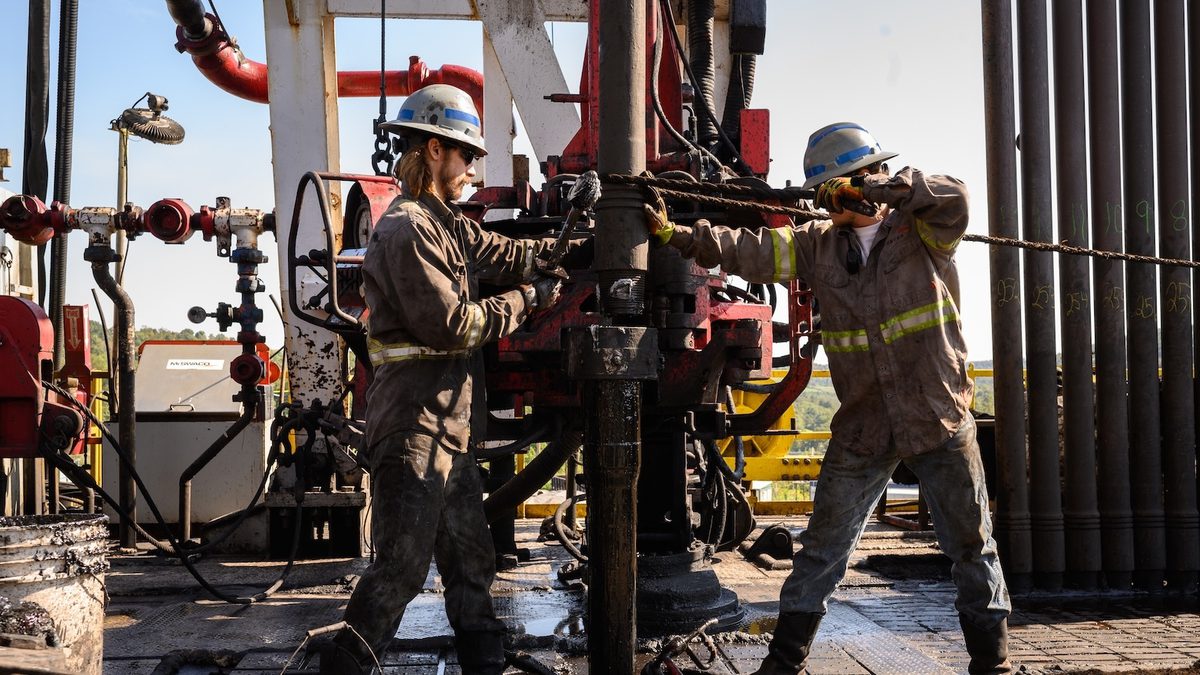E360
JANUARY 6. 2026
As climate change and urbanization intensify flooding in Rwanda, the hilly capital of Kigali has embraced nature-based solutions. The city is restoring and reshaping 18,000 acres of degraded wetlands, planting native species to filter and slow runoff and enhancing biodiversity.
DECEMBER 18. 2025
Iran is looking to relocate the nation’s capital because of severe water shortages that make Tehran unsustainable. Experts say the crisis was caused by years of ill-conceived dam projects and overpumping that destroyed a centuries-old system for tapping underground reserves.
DECEMBER 11. 2025

A rash of data centers planned for western Pennsylvania has residents and environmentalists on edge. The sprawling complexes will be powered by plants that burn fracked natural gas, whose production has caused air and water pollution in the region and has known health risks.
DECEMBER 2. 2025
With hundreds of satellites launched each year and tens of thousands more planned, scientists are increasingly concerned about an emerging problem: emissions from the fuels burned in launches and from the pollutants released when satellites and rocket stages flame out on reentry.
NOVEMBER 24. 2025
Researchers are finding a disturbing uptick in the trade of African hornbills and their body parts in West African voodoo markets and globally on the internet. Conservationists want international protections for these birds, which play a key role in Africa’s forest ecosystems.
NOVEMBER 20. 2025
As China has cut back on domestic extraction of rare earth minerals, uncontrolled mining in Myanmar has boomed in areas ruled by powerful ethnic armies. New reporting reveals how this activity is damaging water supplies, forests, and the health of workers and communities.
NOVEMBER 19. 2025
Tech companies are turning to natural gas to help power the growing number of A. I. data centers in the U. S. Jigar Shah, a former Energy Department official, explains how installing batteries instead can help balance the grid, lower electricity bills, and support renewable energy.
NOVEMBER 10. 2025
As U. N. talks get underway, China is emerging as a key leader in international climate efforts. It is empowering the global energy transition, and along with India and Brazil, is becoming the driving force in climate diplomacy and filling a vacuum left by the world’s rich nations.
NOVEMBER 4. 2025
Russian bombardments have generated more than a billion tons of debris across Ukraine since 2022. Now, local and international efforts are meticulously sorting the bricks, concrete, metal, and wood, preparing these materials for a second life in new buildings and roads.
OCTOBER 29. 2025
Brazil is set to unveil an ambitious international plan that would provide up to $4 billion a year to countries that protect their tropical forests. Proponents see it as a potential game-changer for forest conservation, but some ecologists and economists are raising concerns.
OCTOBER 23. 2025
Offshore wind had been poised to take off along the East Coast, with about 30 utility-scale farms planned. But the Trump administration’s opposition to wind power has caused most of those projects to be abandoned, with only seven farms now moving ahead or in operation.
OCTOBER 15. 2025
Decades of conservation efforts in Central and South America are starting to pay off, with increased protections for jaguars and the corridors that connect them. But the construction of the border wall is creating a roadblock to the big cat’s return to the U. S. Southwest.
OCTOBER 9. 2025
Earlier this year, a European Union directive mandated advanced treatment of micropollutants in wastewater, with the cost to be borne by polluters. But the pharmaceutical and cosmetics industries, which are responsible for most of those contaminants, are now pushing back.
OCTOBER 6. 2025
Countries are falling short on reducing emissions, but British data scientist Hannah Ritchie looks at the numbers and sees the world making real gains on climate change. In an interview, she talks about the unheralded progress she sees in the global shift to clean energy.